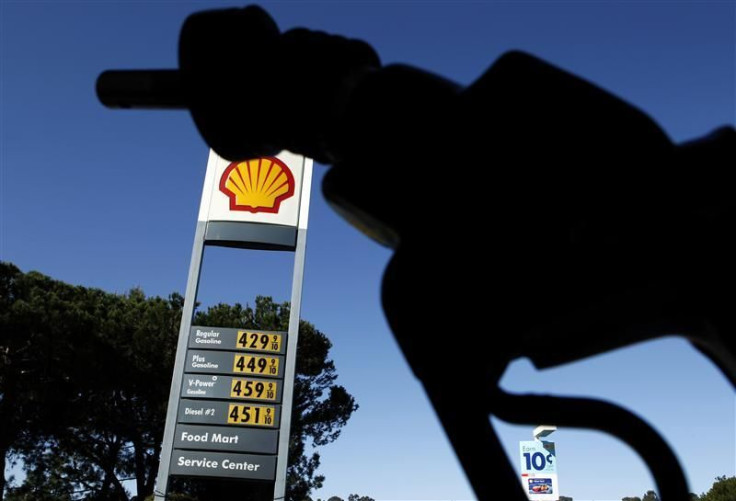Gas Prices Nearing $5 A Gallon Nationwide, But Demand Still High
Even as gas prices hit another record high on Friday, it has done little to curb demand from drivers as the summer peak travel season ramps up.
The national average gas price per gallon hit $4.761, up from Thursday’s national average of $4.715 a gallon, according to the American Automobile Association (AAA).
As the price of an item rises, typically, demand goes down, in what experts call “demand destruction,” but gas is not as affected as it is considered to be an “inelastic” purchase, CNN reports.
As of Friday, eight states had an average price of gas over $5 a gallon – Washington, Oregon, Nevada, California, Arizona, Hawaii, Alaska and Illinois – with California reporting an average price of gas at $6.246 a gallon, AAA indicated.
Michigan was just cents away from $5 a gallon, and several other states are nearing the $5 per gallon mark, the automobile association said.
Even as gas prices continue to rise, the consumption of gas showed no signs of slowing as Tom Kloza, global head of energy analysis for OPIS, told CNN.
“We're seeing demand destruction around the world, but in the United States it seems like people will be stubborn about it. California has taught us that $6.20 a gallon can be tolerated,” Kloza said.
But even as consumers tolerate the increase in gas prices, it is costing them a significant amount. Kloza explained that a typical U.S. household buys about 90 gallons of gasoline a month. Based on the price increase from $3.04 a gallon a year ago to a record $4.72 a gallon on Thursday, it is costing households an additional $150 a month, as reported by CNN.
Other experts believe spending cuts for consumers will come from areas other than gas as Mark Zandi, chief economist for Moody's Analytics, told the news outlet
“I think people will economize on their driving only so much," he said. "The hit will be to other forms of discretionary spending.”
He sees consumers cutting spending on things such as dining out, buying clothing and vacations.
“With oil prices at $115 a barrel, it's very uncomfortable,” Zandi told CNN. “At $130 a barrel, we're on the edge. If it gets to $150, I don't think there's any way not to go into recession.”
As of Friday, crude oil was trading at $116.20 per barrel, according to OilPrice.com.

© Copyright IBTimes 2024. All rights reserved.





















